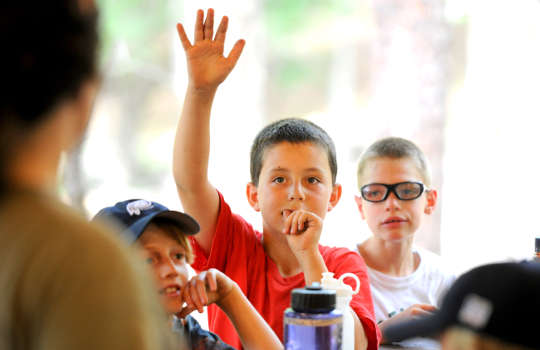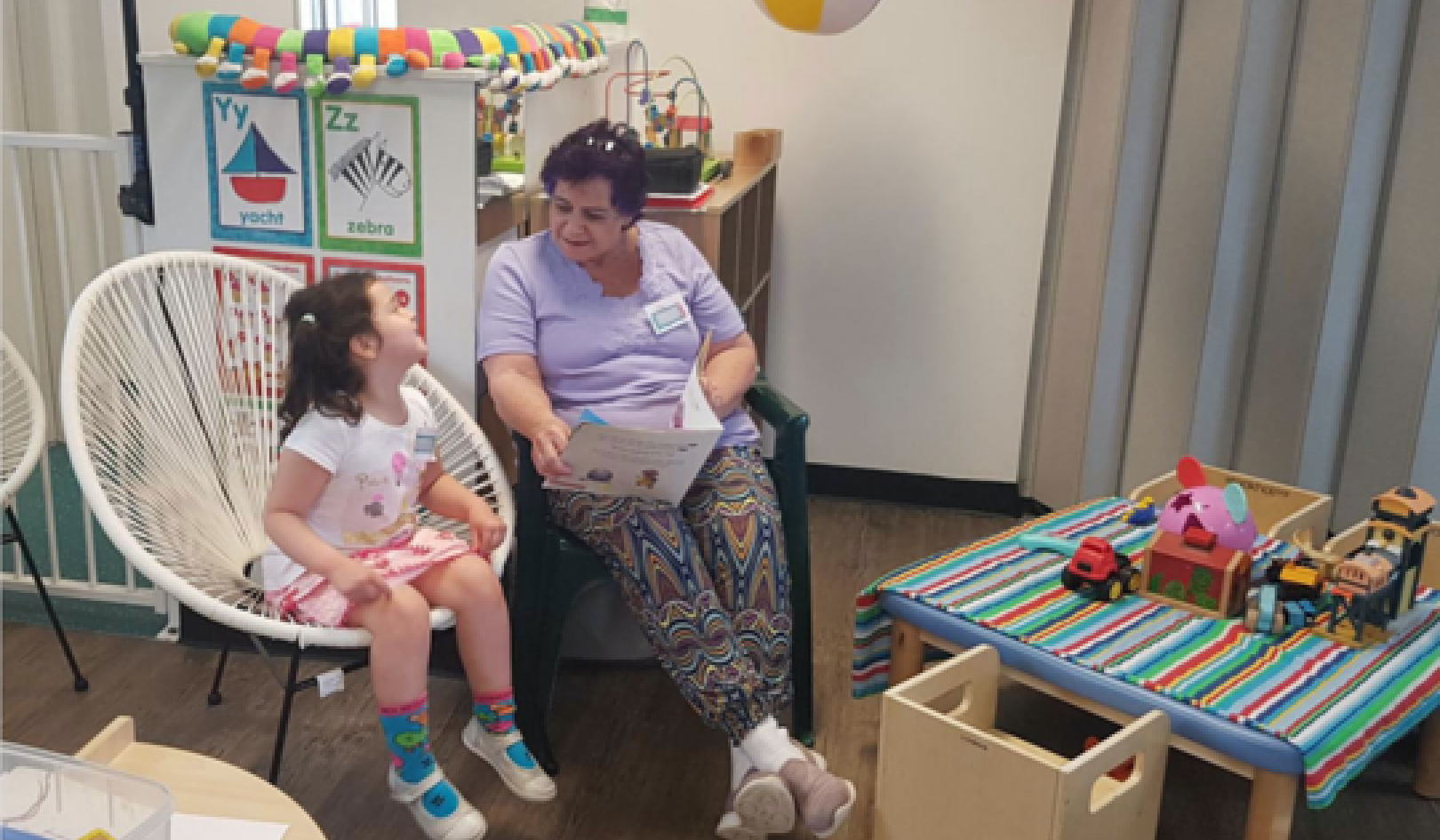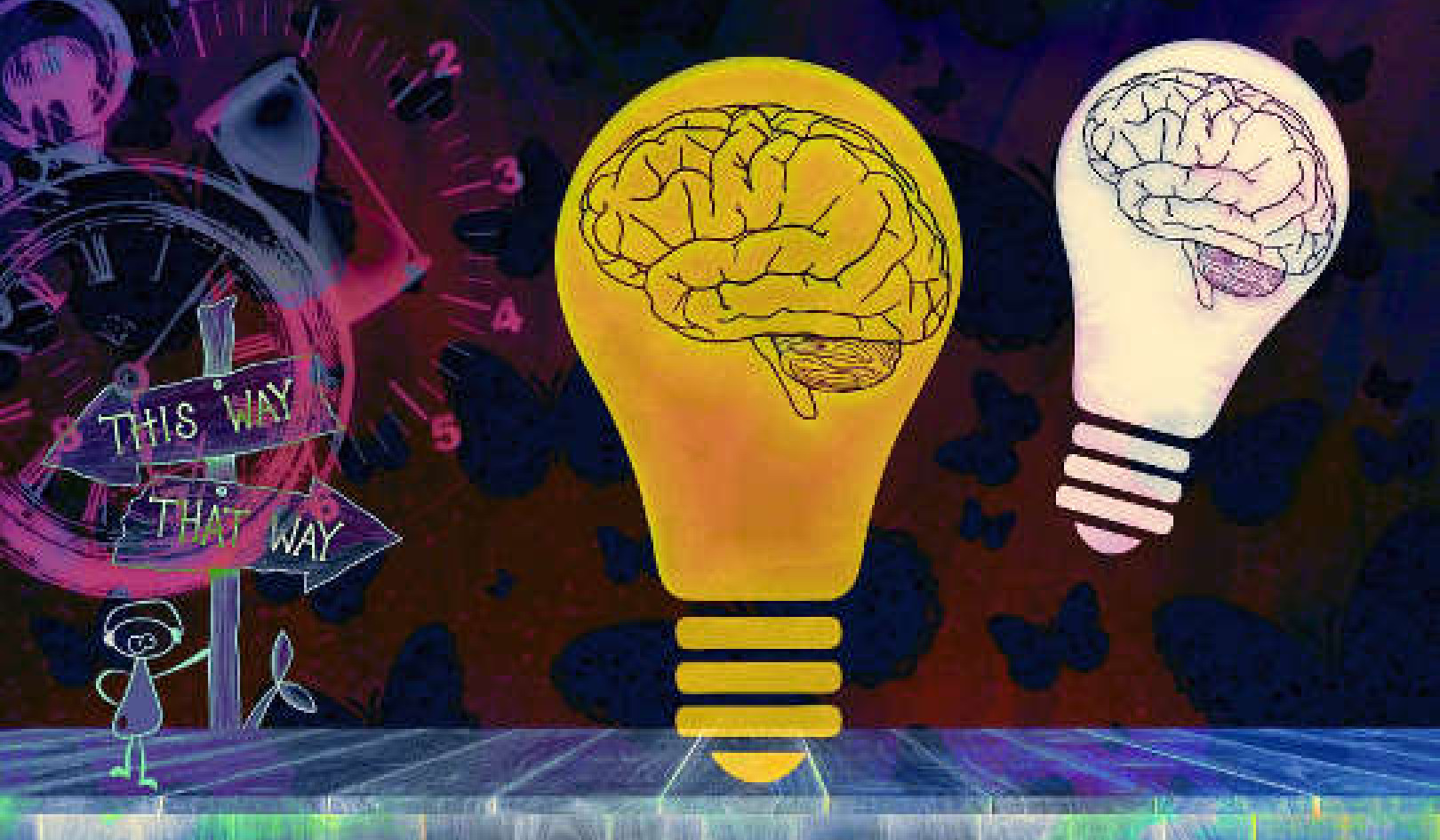
Growing up, I was taught that we all have higher selves, and that this aspect of self is aware of far more than our everyday self. Through our dreams, meditation, and moments of inspiration, we strengthen our sense of knowing. We can access and work with ever greater consciousness with the higher self.
I was taught that in life, we are meant “To learn, to love, and to make a difference.” This has been the foundation of my perspective.
What My Mother Said
My mother would say that the world is actually perfect. I would be on some rant as a teenager about crime, poverty, or disease, and I would say, “How can that be? This or that is terrible!” She would respond, “It causes a sense of immediacy, a mobilization responding to whatever the situation is. There are constant opportunities to learn and to make a difference everywhere you look.”
She also defined evil in two ways: “That which is misunderstood” or “Mid-point in a changing good.” These two definitions have been very helpful to me.
My mother was actively working toward and achieved the glistening ability to love unconditionally. It radiated from her during the last couple of years before she died. She was a very compassionate person, but this was earned and exercised in the context of a life that had had many wonderful opportunities but also had had many hard and wrenching experiences that she had worked to transform. You will hear her voice often in what I write.
My parents, both wise, always kept an open hand with me. They gave me many things to think about, but ultimately always felt I should test these theories out for myself, figure out what was true for me—my truth. This has been a great blessing.
What Is Spirit?
When I speak of Spirit, I mean that divine aspect in each of us that is connected to a greater understanding, a greater knowing that flows into a greater divinity. It is not tied to a specific faith or religion, although in our day-to-day practices and experiences we may resonate to a specific belief, and this assists us in remembering this foundational aspect of our lives. Religion is a cultural magnification of a deeper spiritual understanding, which through outward ritual creates communal resonance.
Religion is a reassuring structure, but it defeats its highest ideal when it limits and condemns. It is human to wish all things to be black and white, good or evil, so that one can be in a blessed state and perceive others to be in a hellish state, somehow outside the realm of God’s consideration or protection.
I do not feel this attitude is a manifestation of God’s wrath but a human desire for judgment and retribution. Spirit appears to me to be infinitely spacious, encompassing more than I will ever be able to perceive or comprehend on my own.
Here are two teaching stories that have been very significant to me.
God’s Pauper: St. Francis of Assisi
Many years ago, I read the book God’s Pauper: St. Francis of Assisi by the Greek writer Nikos Kazantzakis. In this story about St. Francis, Kazantzakis uses the voice of Brother Leo, St. Francis’s companion, to describe the events as they unfold.
As we discover, Brother Leo is a regular kind of guy, with basic wishes and desires, but who also realizes there is something extraordinary about Francis. Brother Leo wishes they would not have to sleep outside in the rain, or could have gotten some stew in the last town. He thinks prayer is a good idea, and being charitable is essential, but he has a more normal, sane approach to things.
The reader feels the tension between what makes a person insane, extreme in their behaviors and ideas, versus divinely inspired and acting from an alignment with something that is beyond our normal considerations. Brother Leo wrestles with this throughout the story.
In one incident, they discuss how difficult it is to decipher God’s will in their lives. Francis, who fears lepers, has not slept all night following a conversation they had had regarding understanding God’s will. He arises hurriedly in the morning and wakes Brother Leo, saying, “I must embrace the next leper we come across and kiss him on the mouth.”
Brother Leo is imploring Francis to reassess the meaning of this message and escape from this task when they hear the tinkling of the leper’s bell approaching from a distance. Terrified but determined, Francis starts striding in the direction of the bell, with Brother Leo in hot pursuit. The leper sees them and starts ringing his bell frantically to warn them to stay away. Realizing Francis is undeterred and still fast approaching, the leper lets out a cry and collapses in a heap.
The leper has only stumps for fingers, half his nose is missing, and his lips are an oozing wound. Francis grabs him in a deep embrace, kisses him, and begins to carry him toward the town. After walking a distance, Francis suddenly bends over, opens the robe he had wrapped the leper in, and finds the leper has completely disappeared! Francis cannot speak for a time and is overcome, weeping. Finally he turns to Brother Leo and states, “What I understood: all lepers, cripples, sinners, if you kiss them on the mouth . . . they all become Christ.”
What opens up in us when we embrace that which causes us to recoil? What grows in our hearts when we face some dark aspect of ourselves or perceive in others? My mother often commented that under every angry emotion or feeling of hate was fear, and under every fear was a need for understanding and love.
The Missed Opportunity
The second story is a true story of an experience I had while living in Scotland in a Camphill community for handicapped individuals. What amazed me was the coincidence of reading about St. Francis three months earlier and then witnessing the following events in our nearest Scottish town.
In this town, there was a man who would go to the local grocery/café on his days off from his sheltered workshop in Camphill. He would enjoy his favorite coffee cake, then proceed to stand outside the front door for the rest of the day. Standing there, he would greet each person stopping in at the store with great exuberance, holding his hand out to be shaken.
The challenge was that he had a very deformed hand, so each greeting was an opportunity to overcome our antipathy, overcome aversion, and reach out in response to the humanity in this person.
When folks responded and shook his hand and warmly greeted him back, it was like the sun was shining all around the two people in the moment of interaction. And it continued to shine as each went their separate ways. His glee was absolute.
However, with people who could not overcome their shock at seeing the hand, their recoiling and avoiding eye contact caused pure disappointment. He was not judgmental or self-conscious, just extraordinarily sad. The missed opportunity was so glaring.
He seemed to be the town crier, whose message was: “Go deeper. Go beyond the material world, the obvious. Let’s remember to greet the light in each other and hold to that feeling, because it is more real than what we think real is.”
Subtitles by added InnerSelf
©2015 by Megan Carnarius. All Rights Reserved.
Reprinted with permission of the publisher,
Findhorn Press. www.findhornpress.com.
Article Source
 A Deeper Perspective on Alzheimer's and other Dementias: Practical Tools with Spiritual Insights
A Deeper Perspective on Alzheimer's and other Dementias: Practical Tools with Spiritual Insights
by Megan Carnarius.
Click here for more info and/or to order this book.
About the Author
 Megan Carnarius is a registered nurse (RN), a licensed nursing home administrator (NHA), and a licensed massage therapist (LMT) who has completed trainings in both Europe and the United States. In 1989, Megan managed the first skilled memory care nursing setting in Boulder County, and ran it, deficiency free, for 6-1/2 years. Megan served on the Alzheimer’s education committee for 15 years, and continues provide trainings and lectures on all topics related to memory care. She is the executive director for Balfour Cherrywood Village, a secure memory care, assisted living residence for 52 elders that also provides adult daycare to participants from the surrounding community. She has served in this position for 12 years. She continues to provide training in massage and aromatherapy approaches for caregivers to draw upon in their care of individuals with dementia. Megan Carnarius lives in Boulder, Colorado.
Megan Carnarius is a registered nurse (RN), a licensed nursing home administrator (NHA), and a licensed massage therapist (LMT) who has completed trainings in both Europe and the United States. In 1989, Megan managed the first skilled memory care nursing setting in Boulder County, and ran it, deficiency free, for 6-1/2 years. Megan served on the Alzheimer’s education committee for 15 years, and continues provide trainings and lectures on all topics related to memory care. She is the executive director for Balfour Cherrywood Village, a secure memory care, assisted living residence for 52 elders that also provides adult daycare to participants from the surrounding community. She has served in this position for 12 years. She continues to provide training in massage and aromatherapy approaches for caregivers to draw upon in their care of individuals with dementia. Megan Carnarius lives in Boulder, Colorado.

























